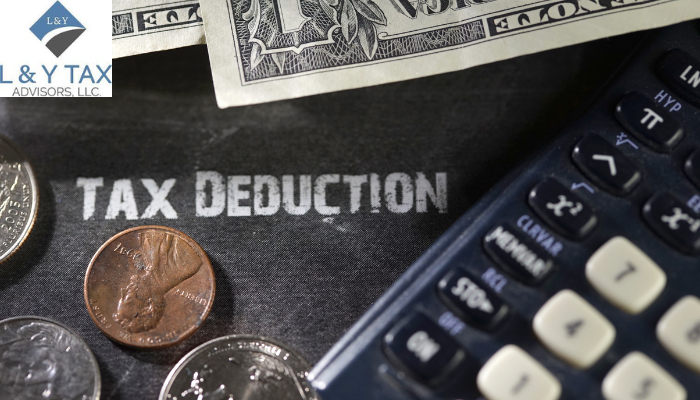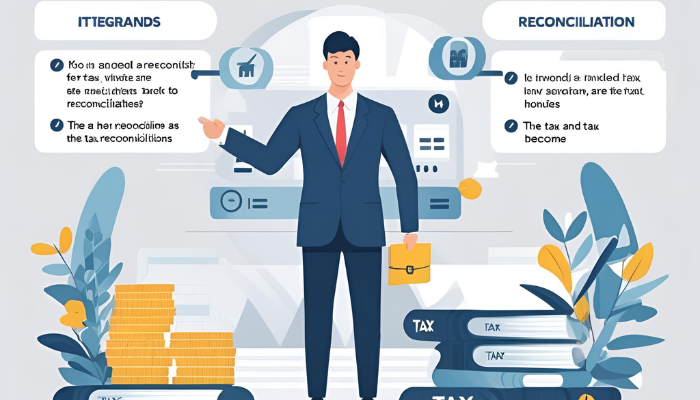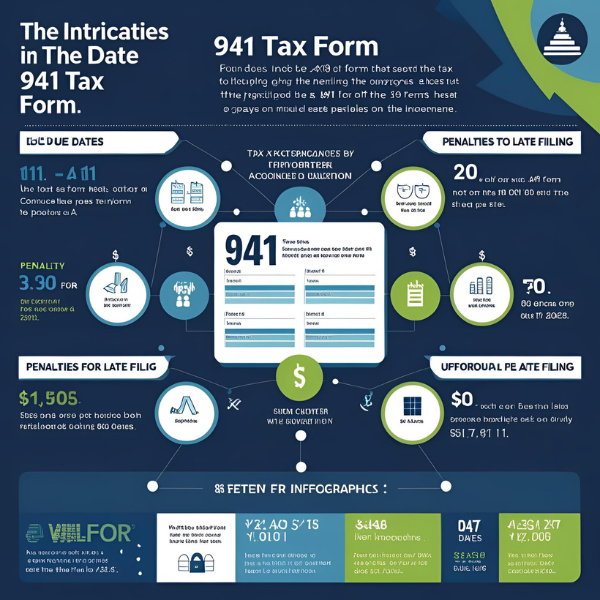
Are Special Assessments Tax Deductible?
Are special assessments tax deductible? Homeowners are frequently surprised by special assessments, which add an additional financial burden to regular property taxes.
Special assessments can help fund essential neighborhood upgrades like new sidewalks or street lights. They are typically seen as personal costs. Individual taxpayers are not able to deduct them.
However, several exclusions apply based on the kind of property and specialized tax regulations, especially for rental or investment homes.
What is a Special Assessments Tax?
Special assessments are taxes collected in special assessment districts or defined locations. They are used only for community-benefiting infrastructure projects.
Public parks, sewer line installations, and new road pavement are a few examples of these projects.
District properties that directly profit from these improvements usually pay a special assessment tax. These assessments must be distinguished from standard property taxes since they frequently do not qualify for the same tax deductions.
Read: What is a VAT number in the US?
Are Special Assessments Tax Deductible on Rental Property?
Special assessments are subject to specific tax laws for owners of rental properties. These taxes are for standard area upkeep and repairs. However, special assessments for long-term upgrades are often not deductible as regular company costs.
Rather than a straight deduction, these expenses must be amortized and depreciated over time. It can provide some tax benefits spread over several years.
Read about property taxes on new construction.
Are City Special Assessments Tax Deductible?
Under some circumstances, a special assessment tax levied by the city to pay for necessary public services is deductible. For example, some reductions can be applicable if the assessment supports initiatives that benefit the whole community, such as:
- Citywide road repairs
- Public safety upgrades
However, assessments that solely benefit a few neighborhoods or smaller portions of the city are usually not deductible.
Get in touch with our tax consultancy services.
What About Exemptions for Special Assessments?
Regular property taxes sometimes include exemptions, while special assessments typically don’t. Special arrangements could be made in certain places for elderly people, veterans, low-income homeowners, or those with disabilities. These few exemptions differ from place to place and are usually only available to people who fulfill specific requirements.
Read: Do strippers pay taxes?
When Can You Claim Special Assessments?
Special assessments are included in tax returns in a few specific situations. For example, certain credits, like the homestead property tax credit, may be available for assessments imposed over the whole taxing jurisdiction and computed using a millage rate.
In addition, the assessment can be eligible under local tax laws if it supports necessary services like fire or police protection and is applied consistently throughout a territory.
Read: What is my tax collection district?
Tax vs. Special Assessment in 2025
In 2025, property owners in the US will have to deal with both special assessments and normal property taxes with each having a different function. Ad valorem property taxes are determined by a property’s assessed value. These pay for general public services like emergency response and education.
On the other hand, special assessments are usually determined by variables like frontage or property size. These are imposed on properties that directly benefit from specific initiatives, such as infrastructure upgrades.
Special assessments target certain regions or properties that benefit directly from the upgrades. In contrast, property taxes are imposed universally.
Property owners must comprehend these differences to evaluate their taxation responsibilities and ramifications appropriately.
Read: Are mission trips tax deductible?
Are Regular Assessments Tax Deductible?
If you use your property as the residence, regular assessments are often considered personal costs. Therefore, they are not tax deductible. However, some payments are deducted as business costs if the property is used for:
- Rental services
- Commercial purposes
The IRS may deduct assessments that pay for upkeep, repairs, or interest associated with these benefits. To claim such deductions, itemize your deductions on Schedule A. Submit additional documents outlining the percentage of the assessment allotted to deductible costs. To ascertain eligibility, refer to the IRS regulations or a tax expert.
Read: Do realtors qualify for QBI?
Are HOA Special Assessments Tax Deductible?
When living in a property governed by a homeowners association (HOA), residents may occasionally be required to pay special assessments—one-time fees for major repairs or unexpected community expenses. The most frequent question asked by homeowners is: Are HOA special assessments tax-deductible?
It is generally accepted that HOA assessments do not qualify as tax deductions for homeowners who make the home their primary home. The assessments can be considered personal expenses and thus cannot be claimed as a deduction on the income tax form.
There are some exemptions. In the case of a commercial or investment property, assessment fees for maintenance, repairs, or any necessary improvements could be deducted as business expenses. For example, when the HOA has a separate assessment to repair the roof of a condominium, it could be deducted or amortized in accordance with IRS rules.
Consult an expert in tax law to learn how IRS regulations apply to your particular circumstance. Tax law can be complicated, and deductions can depend on the nature of your expense and how the property will be used.
The bottom line is that while most homeowners can’t deduct HOA-specific assessments, those who own investment properties can gain tax benefits from specific investments.
The Bottom Line
Knowing ‘Are special assessments tax deductible?’ is crucial since they may affect local communities and property values. Stay informed by keeping in touch with L&Y Tax Advisor. They will provide information on deductible items and possible exemptions in your region.
Special assessments are often not tax deductible. However, homeowners and investors can better manage their tax responsibilities by knowing their subtleties and possible exceptions.


